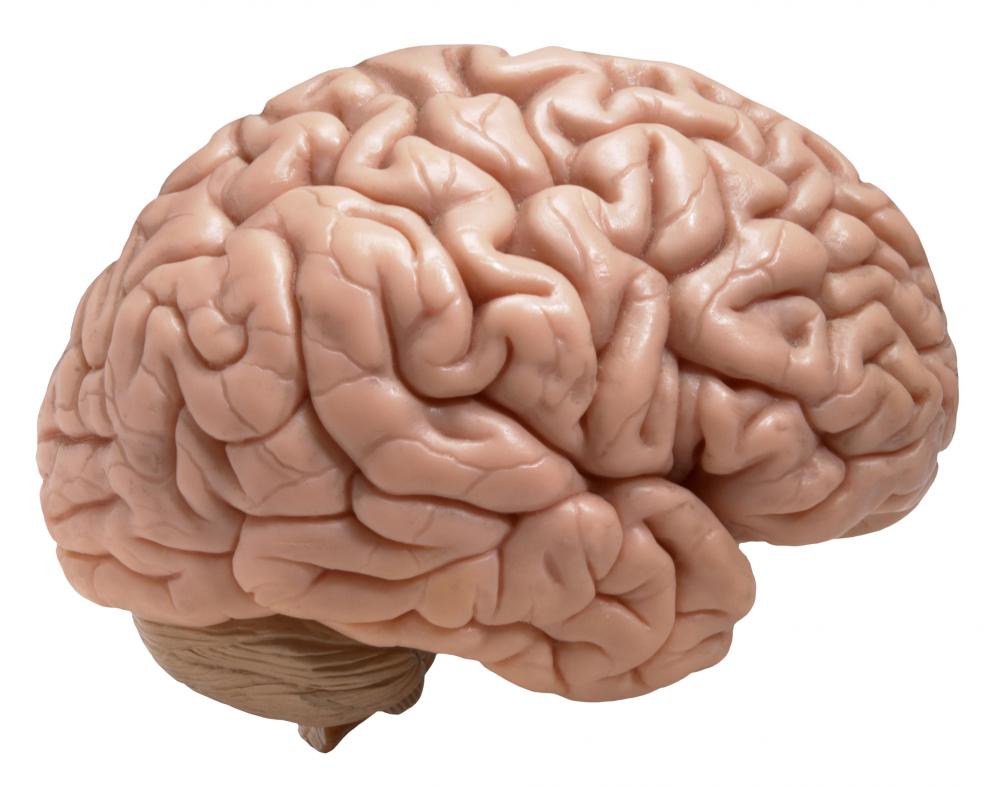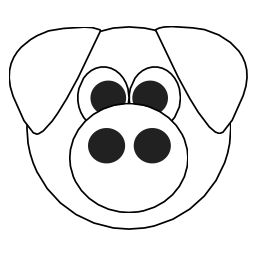Pauline's brain injury: concussion, cavernoma, & vestibular migraines

It was a brilliant day for football, matched only by the centre back’s brilliant slide tackle which thwarted the opposition striker’s clear run on goal. That centre back was me, and I followed it up a few minutes later with a beautiful clearing header to deny the striker another goal scoring opportunity.
We’ll never know if the late shoulder charge into my face was retaliation or not, but I didn’t really care at the time. Blood fountained from my nose and I curled up on the pitch thinking “Oh shite, that was a bad one.” I wasn't knocked out, and we had no substitutes. After a brief spell on the sidelines to staunch the nose bleed, I was back on the pitch.
Delayed brain injury symptoms
I spend the next day in the office joking about black eyes, and enjoyed a lovely dinner with friends. It was 36 hours after the collision that everything changed. The world was spinning violently when I woke up, it was clear something was wrong. I managed to get to A&E, who took a few x-rays of my badly swollen face. The nurse diagnosed concussion, and told me to take a week off from football.
It took more than 15 months of sick leave, doctor appointments, waiting lists, and clinic appointments before the fifth CT scan showed a cavernous hemangioma (or cavernoma). This had then led to vestibular migraines (or migrainous vertigo). In simpler terms, there had been a bleed in my brain, which led to horrible cycles of migraines causing severe dizziness and to yet more migraines.
Delayed treatment and long recovery from brain injury
After my initial problems getting treatment, I managed to get onto the NHS brain injury radar. Help then came thick and fast, but it had taken 9 incredibly difficult months to get there. The injury was in March 2014, and the recovery has been long & slow, much like the diagnosis and treatment.
Along the way I learnt a great deal about brain injuries, physiotherapy, neurological treatments and research. I'm sharing some of what I've learned here, so it might help other people living with brain injuries, their friends & families, and anyone affected by or interested in acquired or traumatic brain injuries.
Helping others with brain injury
The experience of this injury and recovery inspired a change of career and my debut memoir:
I hope to help others who are struggling with similar injuries, and was thrilled when a Clinical Psychologist in Neurorehabilitation told me:
This book will be of great benefit to professionals, survivors, and their families alike.
If you or someone you know has experienced brain injury, this book may help! Please visit PigPen Books for a special discount.

Member discussion